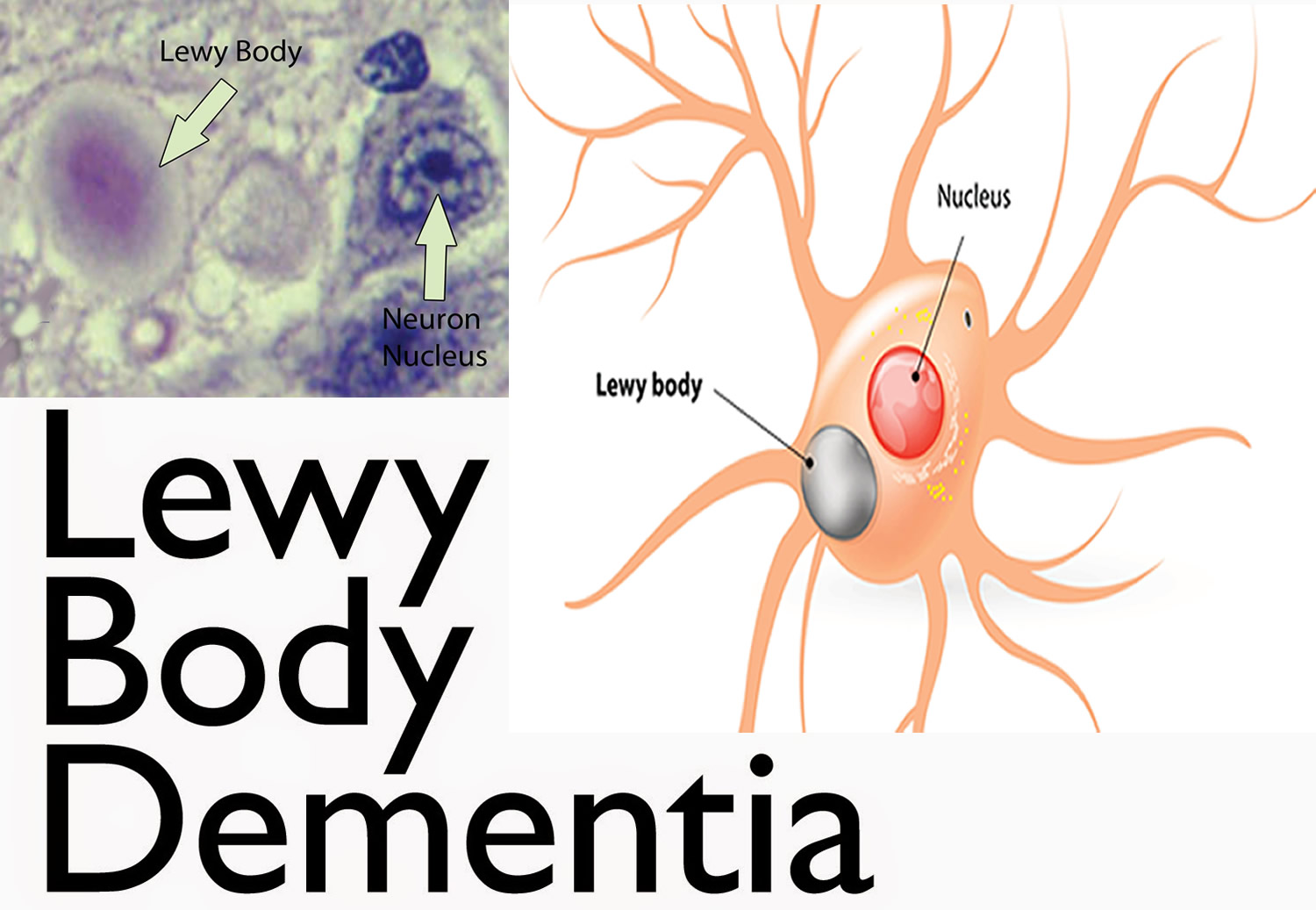For the latest onThailand Medical Industry, Thailand Doctors, Thailand Medical Research, Thailand Hospitals, Thailand Wellness Initiatives and the latest Medical News

These Alzheimer's disease medications, such as rivastigmine (Exelon), donepezil (Aricept) and galantamine (Razadyne), work by increasing the levels of chemical messengers believed to be important for memory, thought and judgment (neurotransmitters) in the brain. This can help improve alertness and cognition, and may help reduce hallucinations and other behavioral problems.
Side effects may include gastrointestinal upset, excessive salivation and tearing, and frequent urination. Donepezil is not approved by the Food and Drug Admi
nistration for Lewy body dementia.
In certain individuals with moderate or severe dementia, an N-methyl-d-aspartate (NMDA)-receptor antagonist called memantine (Namenda) may be added to the cholinesterase inhibitor.
These medications, such as carbidopa-levodopa (Sinemet, Rytary, Duopa) may help reduce parkinsonian signs and symptoms, such as rigid muscles and slow movement. However, these medications may also increase confusion, hallucinations and delusions.
A physician may prescribe medications to treat other signs and symptoms associated with Lewy body dementia, such as sleep or movement problems.
If possible, avoid medications with anticholinergic properties, which can worsen cognition, or dopamine agonists, which can cause hallucinations.
Antipsychotic medications, such as haloperidol (Haldol), should not be used to treat Lewy body dementia. They may cause severe confusion, severe parkinsonism, sedation and sometimes even death. Very rarely, certain second-generation antipsychotics may be prescribed for a short time at a low dose but only if the benefits outweigh the risks.
Mayo Clinic is embarking on a new extensive research cum study on Lewy Body Dementia led by Mayo Clinic neuroscientist Dr.Pamela McLean. The new research will engage a multidisciplinary approach, including pathology, genetics, and structural and cell biology. Central to each of these experiments will be the brain bank on Mayo’s Florida campus, which contains about 7,500 specimens including nearly 1,200 brains donated by late Lewy body dementia patients.
Dr Dennis Dickson, a neuropathologist who runs the brain bank and will direct the research initiative alongside Dr. McLean commented in an phone interview with Thailand Medical news “Because of the brain bank, Mayo is one of the few organizations capable of tackling the Lewy body dementia questions posed by the NIH,”
Dr. Dickson and the research team will begin the project by confirming and characterizing the pathology of Lewy body dementia tissue samples in the brain bank. The samples will then be distributed to various collaborating laboratories for further analysis.
“As a result of all samples are originating from and characterized by a single laboratory, we’re able to cut down on the variability that poses a problem when samples start in different locations,” Dr. Dickson commented.
Another research member is geneticist Dr. Owen Ross, whose lab will examine genetic variation in brain tissue to determine DNA changes that can drive disease progression and contribute to a person’s risk of developing Lewy body dementia.
“If we can find the DNA changes (‘typos’) in the 3 billion letter genome, we can assess what they mean for the clinical presentation of disease and target them for therapeutic correction,” said Dr Ross.
Dr. McLean and her team will use cellular models to study how Lewy bodies affect neuron function and related mechanisms. The scientists expect that this project will generate an enormous amount of data, which will be made freely available to others such as academic institutions and pharmaceutical companies interested in drug discovery.
The first of its kind,new multi-year, multi-million-dollar Lewy body dementia research consortium was created and funded by the NIH via its Center Without Walls (CWOW) model. CWOWs present a single, high-priority scientific goal,in this case, to identify and understand the changes in the brain caused by Lewy body dementia ,and encourage collaboration from various institutions that agree to share scientific resources and knowledge in order to make novel discoveries.
Speaking about this synergistic approach Dr. McLean commented “One institution isn’t going to have all the answers. Together we can drive the field forward in multiple ways, from understanding the disease etiology to generating biologic tools and nominating druggable targets.”
Entities collaborating with Mayo for this CWOW include University College London, Columbia University, University of Arizona, St. Jude Children’s Research Hospital, and University of Texas Health Science Center at San Antonio.
Many healthcare professionals and doctors are hoping that study, the first of its kind would provide more answers and also solutions and a possible cure or treatment protocol for Lewy body dementia(LBD) which is currently causing stress to loved ones of those affected, doctors and even the public health structures globally, not to mention the agony and pain the actual patient suffers.